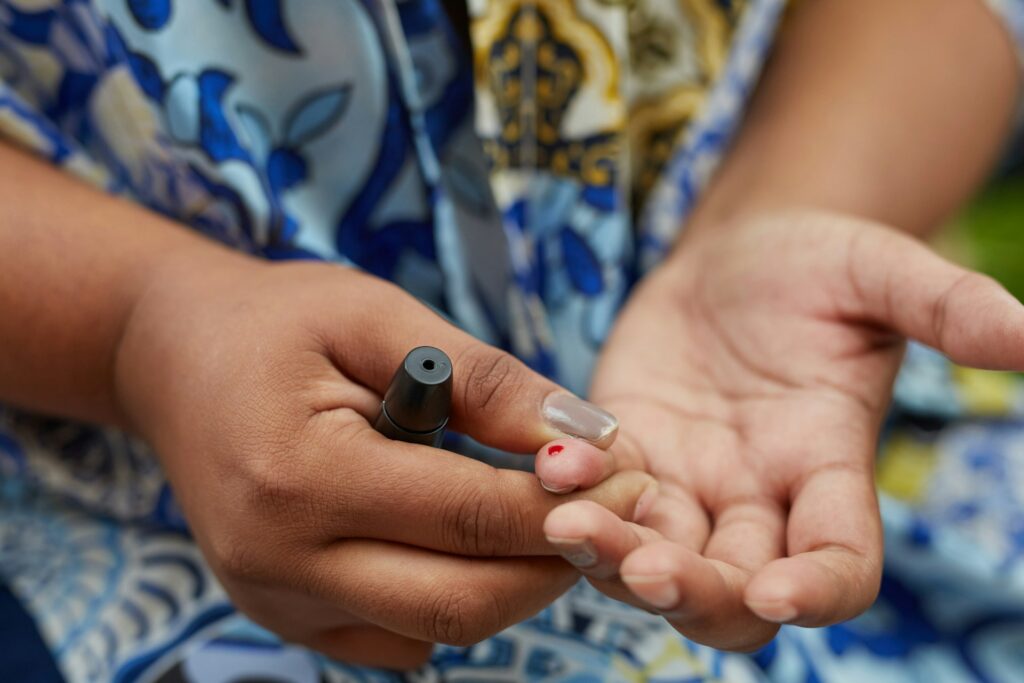What Is Prediabetes? Causes, Symptoms, and Risk Factors
In today’s fast-paced world, maintaining good health is essential for a fulfilling life. Prediabetes is a health condition that often goes unnoticed but can have significant implications for your well-being. This article will delve into the causes, symptoms, and risk factors associated with prediabetes, empowering you to make informed decisions about your health.
Understanding Prediabetes
Prediabetes is a metabolic condition characterized by elevated blood sugar levels that are not yet high enough to be classified as type 2 diabetes. It serves as a warning sign from your body that your blood sugar regulation is not optimal and requires attention. Individuals with prediabetes have a higher risk of developing type 2 diabetes, heart disease, and stroke if appropriate measures are not taken.
Causes of Prediabetes
Several factors contribute to the development of prediabetes, and they often intertwine, making it a complex condition. One primary cause is insulin resistance, where your body’s cells grow less responsive to the effects of insulin, the hormone responsible for regulating blood sugar. Genetics also play a role; having a family history of diabetes increases your risk. Lifestyle factors such as poor diet, lack of physical activity, and excess weight, especially around the waist, can significantly contribute to prediabetes.
Symptoms of Prediabetes
Unlike diabetes, prediabetes may not display noticeable symptoms in its early stages. However, some individuals might experience subtle signs such as increased thirst, frequent urination, and fatigue. These symptoms arise due to the body’s struggle to regulate blood sugar effectively. It’s crucial to be vigilant about these signs, especially if you have any risk factors.
Risk Factors
Certain factors increase the likelihood of developing prediabetes. Age is a significant factor; as you get older, your risk rises, particularly after crossing 45. Family history, as mentioned earlier, can play a role, so it’s important to be aware of your genetic predisposition. Lifestyle choices cannot be emphasized enough: a sedentary lifestyle and a diet high in sugary foods, refined carbohydrates, and unhealthy fats contribute to prediabetes. Other conditions like polycystic ovary syndrome (PCOS) and gestational diabetes during pregnancy can also heighten the risk.
Managing and Preventing Prediabetes
The good news is that prediabetes can often be managed effectively, and even reversed, through lifestyle changes. Here’s what you can do:
- Focus on a balanced diet rich in whole grains, lean proteins, vegetables, and fruits. Limit your intake of processed and sugar-rich foods.
- Engage in regular physical activity, aiming for at least 150 minutes of moderate exercise per week. This helps improve insulin sensitivity and aids in weight management.
- If you’re overweight, even a modest weight loss can make a significant difference in your blood sugar levels.
- If you’re at risk or have been diagnosed with prediabetes, monitoring your blood sugar regularly can provide valuable insights into your condition’s progression.
- Chronic stress can affect blood sugar levels. Practicing relaxation techniques such as yoga, meditation, or deep breathing can be beneficial.
- Regular visits to your healthcare provider are essential. They can monitor your blood sugar levels, assess your risk, and provide guidance on managing prediabetes.
Prediabetes can be easily prevented if you understand your risk of developing type 2 diabetes. Find out today.
If you have a high risk and you think you are at risk of having prediabetes, it might sound alarming, but it serves as an opportunity to take control of your health. By making conscious choices regarding your diet, activity levels, and overall lifestyle, you can reduce your risk of progressing to type 2 diabetes. Remember, small changes can yield significant results. If you suspect you might be at risk for prediabetes or want to learn more about managing it, we are here to help. Your journey towards better health begins with the choices you make today.



